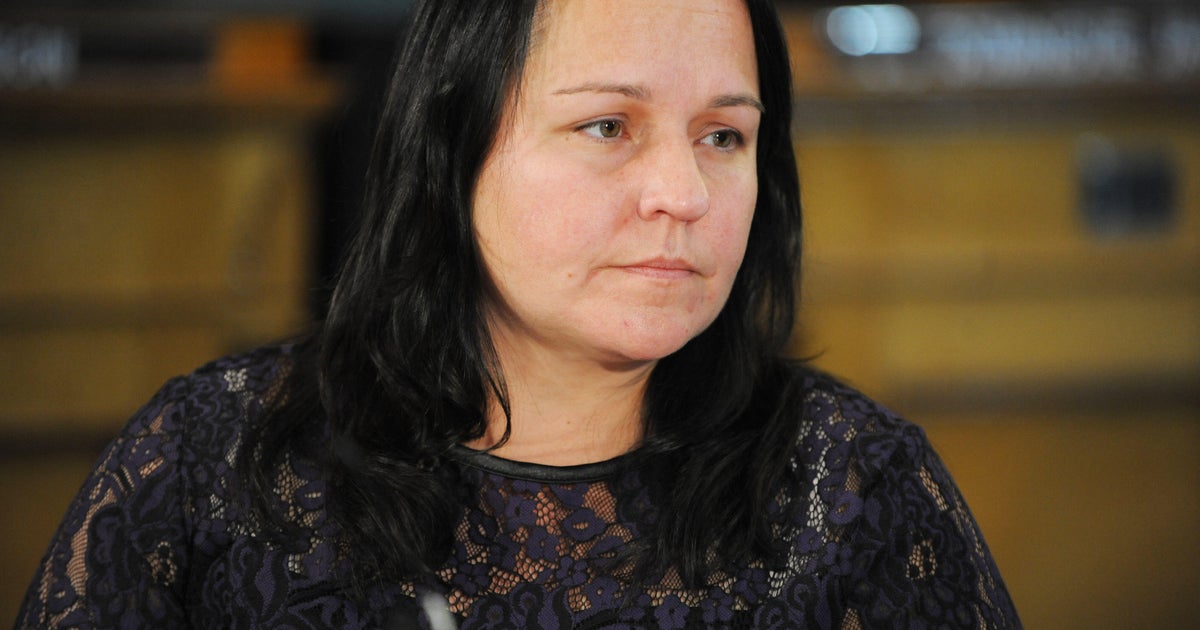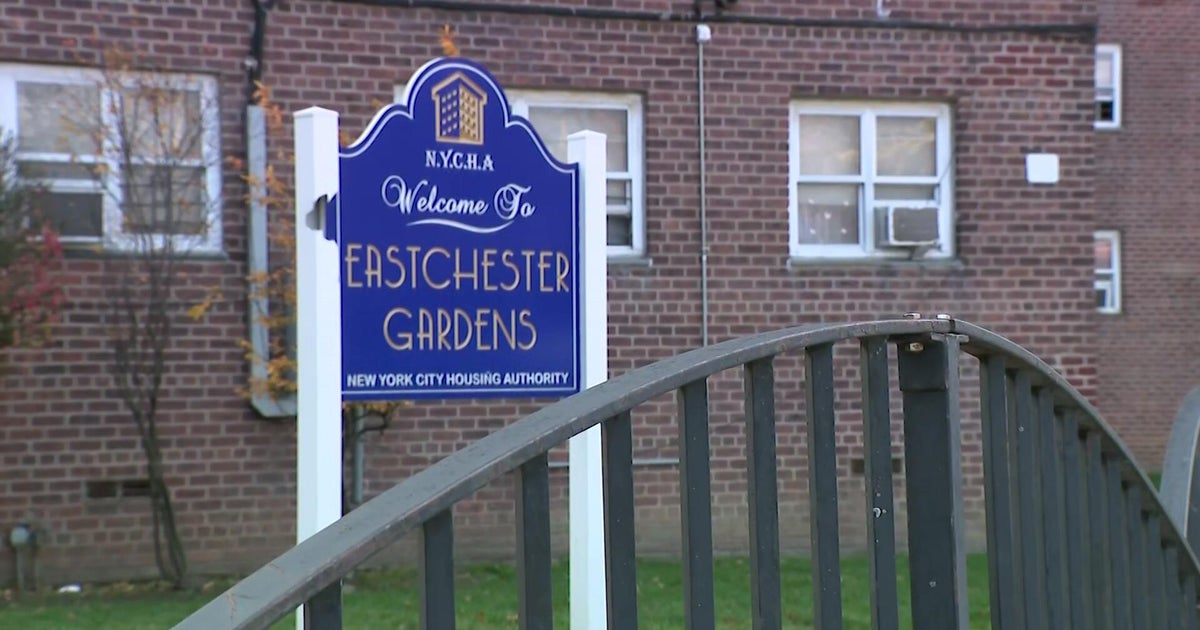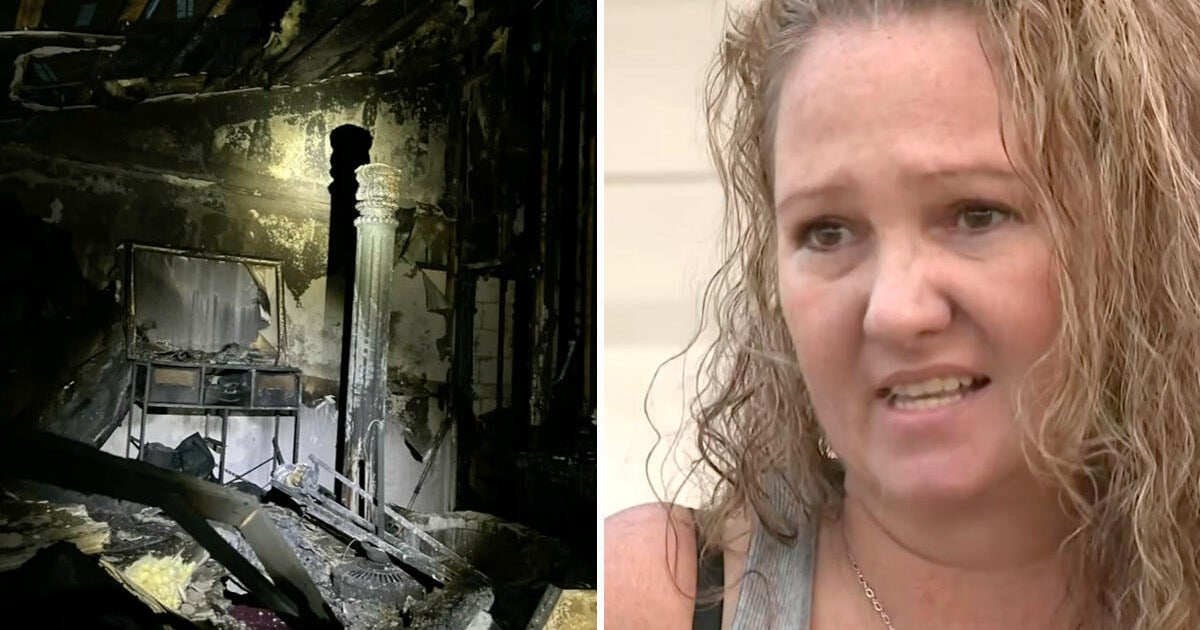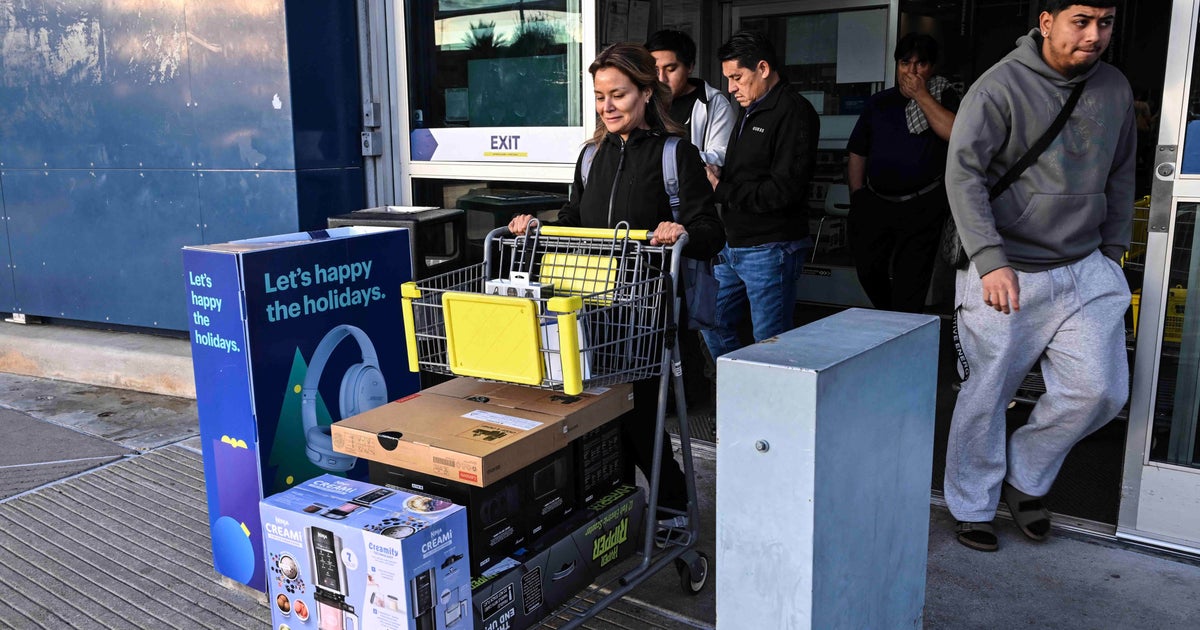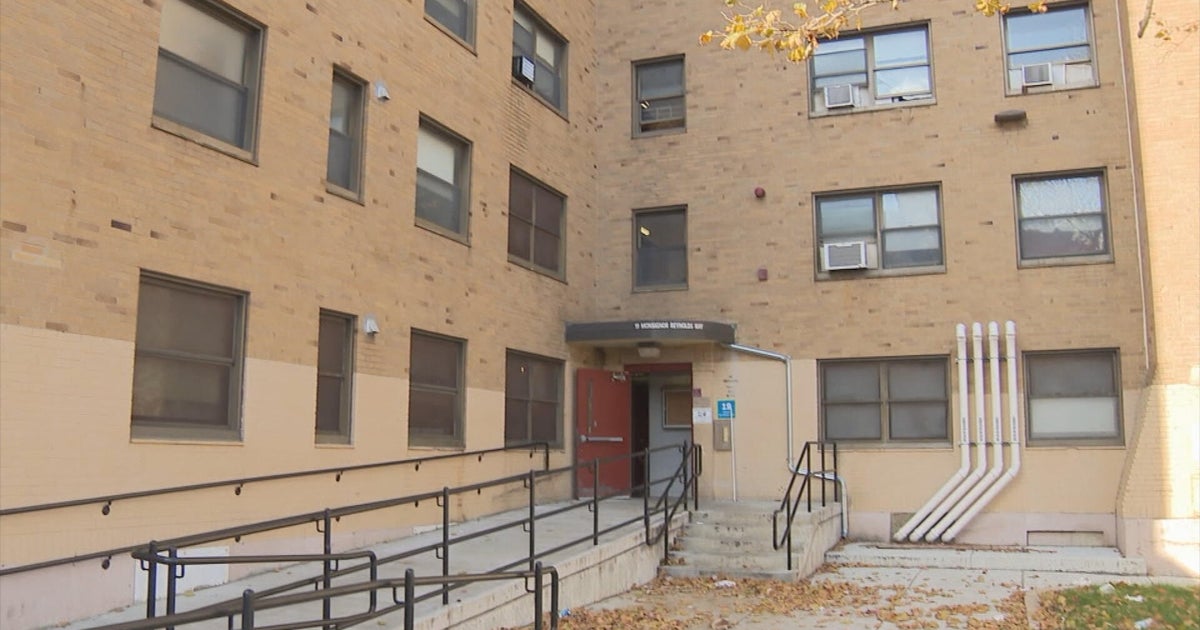Michigan set to become first state allowing residents to become organ donors through tax forms
(CBS DETROIT) - There will be a new way to choose to become an organ donor in Michigan: through your income taxes.
"Michigan will be the first state in the country where you are able to sign up to be an organ donor through your income tax form. So we're very excited to be leading the way here," said State Rep. Natalie Price, one of the bill package sponsors.
Price tells CBS News Detroit that the pandemic impacted the number of people signing up to be organ donors because residents weren't physically going into Secretary of State offices.
"The list of organ donors decreased because people weren't being prompted as often in person to consider adding their names to the organ donor registry," she said. "The wait list for organ donors continues to expand. Right now in Michigan, we're at 2,500 people waiting for their lives to be improved or their lives to be saved. And the available list of donors was getting less and less."
That's where Gift of Life Michigan, a nonprofit organization based in Ann Arbor, comes in.
"Actually, a person who works in our lab said, 'Wouldn't it be great if we could add the organ donor registry question to income tax forms? People have to fill it out every year. Wouldn't it be a great way to get the question in front of more people?'" said Patrick Wells-O'Brien, vice president of communications for Gift of Life Michigan.
The bills have already passed both chambers of the legislature and are now awaiting the Governor's signature. If you check the box on your income tax forms, you'll get a little sticker with a heart to put on your driver's license and be added to an organ donor database.
"That's the official database of the Michigan Organ Donor Registry," said O'Brien. "When you're registered either through our website, through the Secretary of State, through Treasury, it goes into a database, and that's what we check."
According to Gift of Life Michigan, if you choose to become an organ donor, you could save the lives of eight people and improve the lives of up to 75 people.


